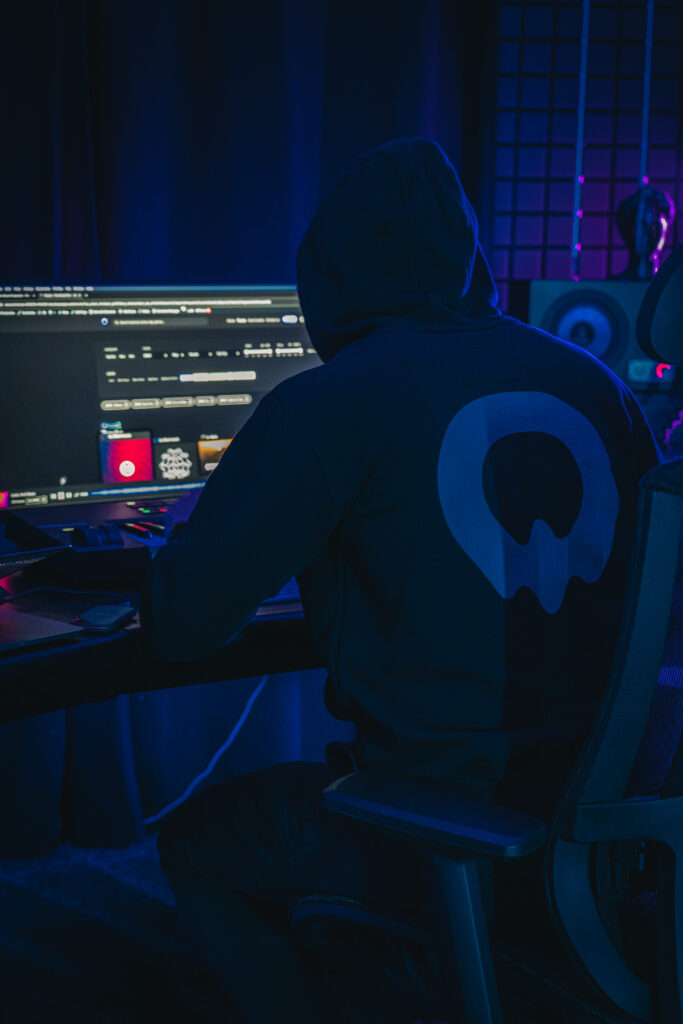How Much Do Ghost Producers Really Make? (2024 Earnings Breakdown)

How much do ghost producers make? This question frequently comes up in discussions within the music industry, as more producers consider ghost production a lucrative and viable career path. The world of ghost production has evolved rapidly over the years, and the potential earnings for ghost producers can vary greatly depending on several factors. But whether you’re an established music producer or just starting out, you might be curious: How much do ghost producers really make? In this comprehensive guide, we will not only break down how much ghost producers make but also discuss the factors that influence their earnings. By the end of this article, you’ll have a deeper understanding of the ghost production business and how you can succeed in it. What is Ghost Production? Before we dive into the numbers, it’s important to understand what ghost production actually is. Ghost production refers to the process of a music producer creating a track for another artist, DJ, or record label, who then releases the track under their own name. The original producer remains anonymous and typically transfers all rights to the buyer. In exchange, they receive a fee for their work, with no claim to future royalties or recognition. Ghost production is particularly common in genres like electronic dance music (EDM), pop, and hip-hop, where the demand for fresh, high-quality tracks is constant. DJs, in particular, often rely on ghost producers to keep up with the fast-paced release schedules required to stay relevant in the competitive music scene. However, ghost production isn’t limited to these genres, and producers in all musical fields have found success in this hidden industry. How Much Do Ghost Producers Make? The earnings of a ghost producer can vary widely, ranging from a few hundred dollars to tens of thousands of dollars per track. The key factors influencing how much ghost producers make include their level of experience, the quality of the tracks, the genre they produce, and the platform they use to sell their work. In 2024, the ghost production industry continues to grow, and the potential earnings for ghost producers are more lucrative than ever before. Here’s a detailed breakdown of the different income levels for ghost producers: 1. Beginner Ghost Producers: $100 – $500 per track For those just starting out, ghost production can be a way to break into the industry and build a portfolio. However, as a beginner, the prices you can charge are typically lower, ranging from $100 to $500 per track. At this stage, you may be producing simpler tracks or working with smaller artists who have limited budgets. Beginner ghost producers often focus on building a reputation and developing their skills. While the earnings may not be significant initially, every sale adds to your portfolio and helps you establish a name for yourself in the industry. 2. Mid-Level Ghost Producers: $500 – $2,000 per track As you gain experience and start to build a solid portfolio, your earning potential increases. Mid-level ghost producers typically charge between $500 and $2,000 per track, depending on factors like the complexity of the track, the artist’s budget, and market demand. At this stage, producers have likely developed a distinct sound and honed their technical abilities, which allows them to create higher-quality tracks that can be sold at premium prices. Mid-level producers may also start working with more established artists or record labels, further boosting their credibility and income. 3. Top-Tier Ghost Producers: $2,000 – $10,000+ per track For top-tier ghost producers, the sky’s the limit. These producers are often working with high-profile artists, DJs, and major record labels, and their tracks are often destined for major releases, festivals, or radio airplay. At this level, ghost producers can command between $2,000 and $10,000 or more per track. Top-tier producers typically have years of experience and a portfolio filled with successful releases. They may also offer custom ghost production services, where they create tracks tailored to the buyer’s specific requirements. These personalized projects often come with higher price tags due to the level of customization involved. 4. Superstar-Level Ghost Producers: $10,000 – $50,000+ per track At the highest echelon of ghost production, some producers can make over $50,000 per track, especially if they’re working with internationally known artists or DJs who perform at major festivals like Tomorrowland or Ultra Music Festival. These producers are often seasoned veterans with years of experience in the industry, and their work is in high demand. Superstar-level ghost producers may also have partnerships with record labels or management agencies, giving them access to even more lucrative opportunities. In some cases, these producers may also receive bonuses or additional payments based on the success of the tracks they produce. Factors Influencing Ghost Producer Earnings So, what determines how much ghost producers make? Several key factors come into play: 1. Experience and Reputation The more experience and credibility a ghost producer has, the higher the fees they can command. Producers with a strong track record of producing hits, even anonymously, can leverage their experience to charge premium prices. This is why beginner ghost producers typically make less, while top-tier producers can make tens of thousands of dollars per track. Building a solid portfolio is essential for increasing your earnings as a ghost producer. Potential clients want to see examples of your previous work to determine whether you’re a good fit for their project. A strong portfolio can help you stand out in a crowded marketplace and justify charging higher rates. 2. Genre The genre of music you produce can have a significant impact on how much you make as a ghost producer. For example, EDM producers tend to earn more than those working in other genres because of the high demand for club-ready tracks. DJs are often under pressure to release new music regularly, and they’re willing to pay a premium for high-quality ghost-produced tracks. In contrast, producers working in less commercial genres may find it more challenging to command high prices. However, if you specialize in a
